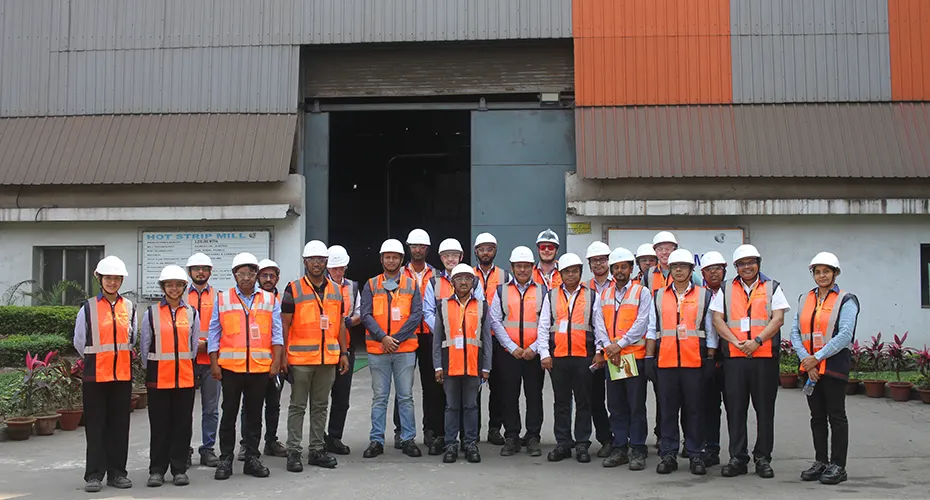
Sam Broom-Fendley (CSM) attended the UK-India Critical Minerals workshop in Bhubaneswar, Orissa State, India, funded by the UK FCDO. The aim of the workshop was to create a UK-India community of academics, innovators, investors, and companies to address challenges and identify best practices relating to critical raw materials; explore gaps and opportunities for future research; and identify at least 2 grand challenges for future funding. These aims are against a backdrop of Indian mineral exploration opening up to additional outside investment, the publication of the Indian Critical Minerals list, Critical Minerals being outlined as an area of cooperation on the UK-India 2030 Roadmap, and an anticipated inclusion of Critical Minerals as a focal point of the (TBC) UK-India Free Trade Agreement. There were approximately 20 delegates from the UK and around 40 from India. In each case these were from a roughly equal split of academia and industry. Indian academic representatives from Earth Science facing institutes were from IIT Bombay (Sakthy Chinnasamy – specialising in orogenic Au deposits), Indian School of Mines (Sahendra Singh), and the Geological Survey of India - Odis (Kanhu Charan Das). Those from minerals and materials processing institutes included the Institute of Minerals and Materials Technologies (Ramanuj Narayan) and IIT Roorkee (Nikhil Dhawan), and Indian Industry representatives included delegates from Tata Steel – both the mineral exploration and minerals processing units, Tirupati Graphite, Gujarat Mining and Development Corporation, Altilium, Coal India and Precious Metals. Sam also paid a visit to Jindal Steel and the Institute of Minerals and Materials Technologies. Arising from the meeting the DBT and innovate UK plan on ring-fencing some money for building links further around two specific goals, which are still to be formalised, but will probably be themed around mineral exploration (industry and education) and materials processing/recycling.